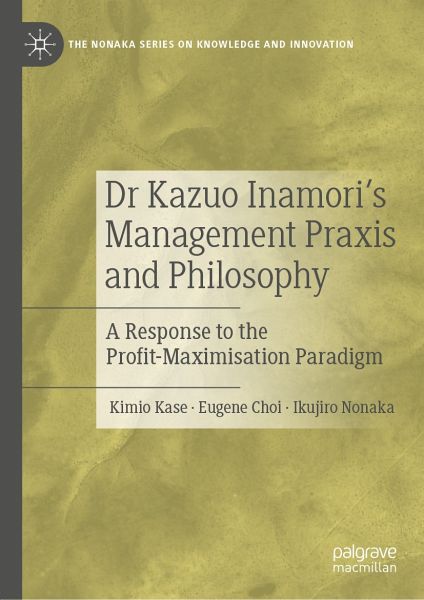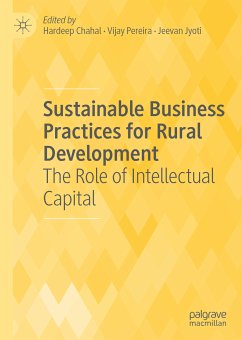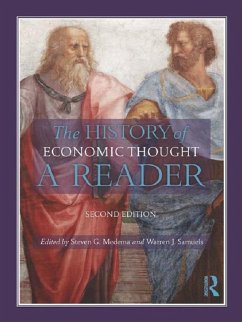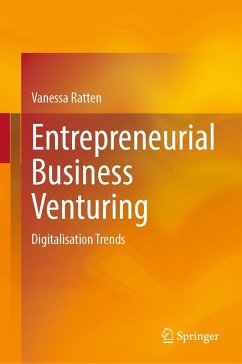
Dr Kazuo Inamori's Management Praxis and Philosophy (eBook, PDF)
A Response to the Profit-Maximisation Paradigm
Versandkostenfrei!
Sofort per Download lieferbar
80,95 €
inkl. MwSt.
Weitere Ausgaben:

PAYBACK Punkte
40 °P sammeln!
This book offers a meditation on the links between philosophy and its implementation, interpreting why and how a leader's "philosophy" strengthens his action predicated on the purposeful vision of life; and discusses the a hypothesis that performance control in management may be driven by transcendental and intrinsic motivations, contrasting with the traditional management control theory. It construes how Inamori's management philosophy disciplines accounting and finance management towards putting its basic tenets into practice. Examining, in particular, the history of Kyocera, the authors pro...
This book offers a meditation on the links between philosophy and its implementation, interpreting why and how a leader's "philosophy" strengthens his action predicated on the purposeful vision of life; and discusses the a hypothesis that performance control in management may be driven by transcendental and intrinsic motivations, contrasting with the traditional management control theory. It construes how Inamori's management philosophy disciplines accounting and finance management towards putting its basic tenets into practice. Examining, in particular, the history of Kyocera, the authors provide a contemplative look at a human centric philosophy, which will be of interest to scholars of management, corporate executives, and economists with a philosophical bent.
Dieser Download kann aus rechtlichen Gründen nur mit Rechnungsadresse in A, B, BG, CY, CZ, D, DK, EW, E, FIN, F, GR, HR, H, IRL, I, LT, L, LR, M, NL, PL, P, R, S, SLO, SK ausgeliefert werden.
Alle Preise in Euro und inkl. der gesetzl. MwSt. | Innerhalb Deutschlands liefern wir preisgebundene Bücher versandkostenfrei. Weitere Informationen: bitte hier klicken
Support
Bitte wähle dein Anliegen aus:
Rechnungen
Bestellstatus
Retourenschein
Storno












